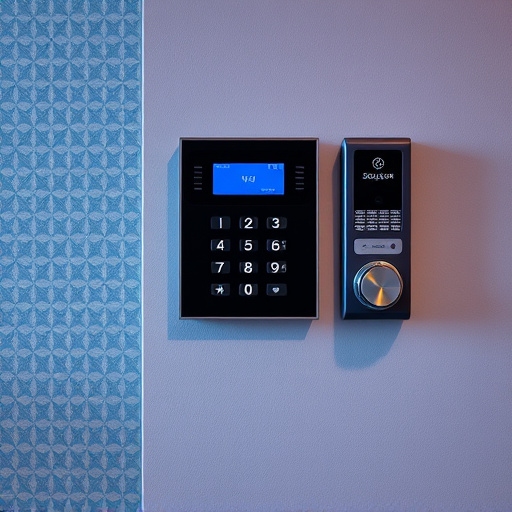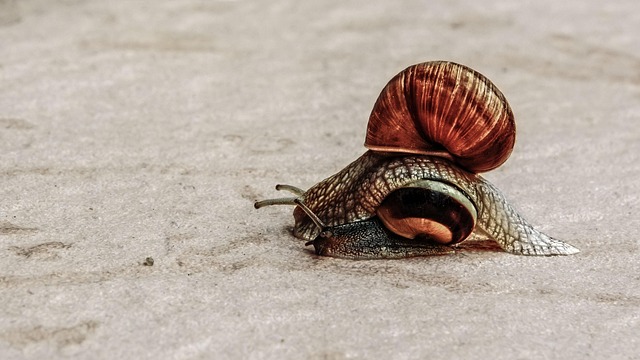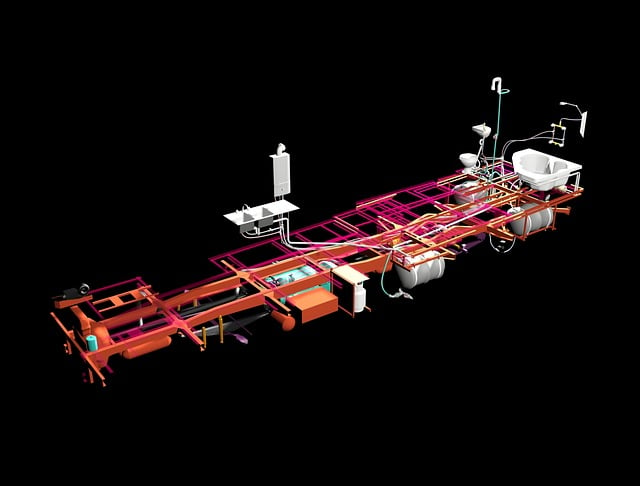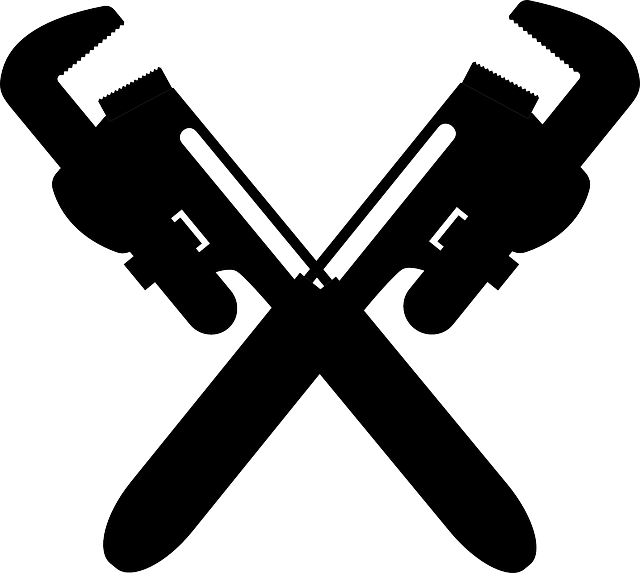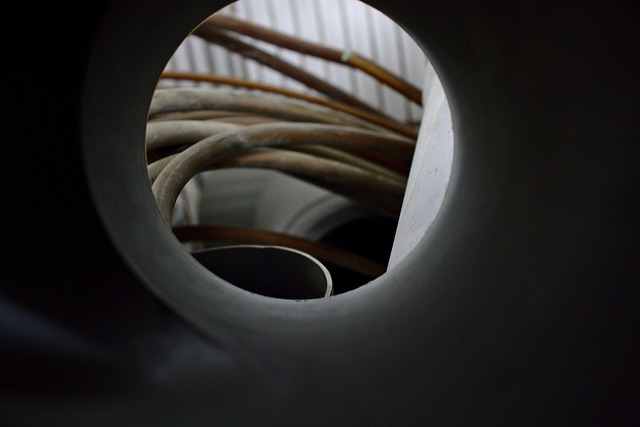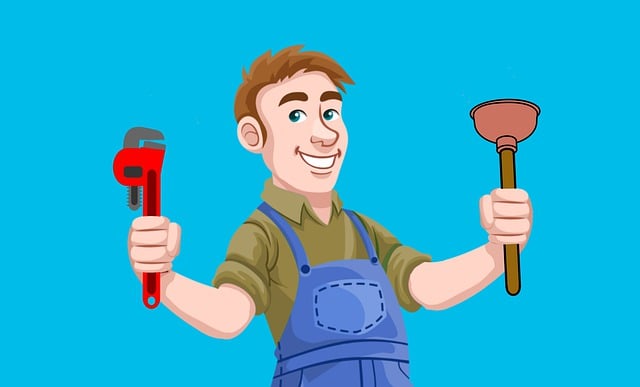Maintaining comprehensive records of your plumbing system is crucial for homeowners and business owners. Regular inspections by professionals prevent leaks, save from costly repairs, and ensure optimal water pressure and efficiency. By documenting water pressure levels, addressing sediment buildup, and replacing outdated fixtures, you can maintain the integrity of your system, avoid emergencies, support insurance claims, and showcase proper care. Plumbing maintenance tips emphasize routine checks to catch potential issues early, prevent damage, and enhance overall plumbing performance.
Maintaining your home’s plumbing system is essential for ensuring a smooth, safe, and efficient supply of water and waste disposal. Keeping track of plumbing maintenance records is a crucial part of this process. This comprehensive guide delves into the significance of regular inspections, offers practical tips for leak prevention, provides strategies to optimize water pressure and remove sediment, and outlines when it’s time for fixture replacement. Implement these plumbing maintenance tips for a well-kept home.
- The Importance of Plumbing Maintenance Records
- Plumbing Maintenance Tips: Regular Inspections
- Preventing Leaks: A Key Component in Plumbing Maintenance
- Optimizing Water Pressure and Removing Sediment
- When to Replace Plumbing Fixtures
The Importance of Plumbing Maintenance Records
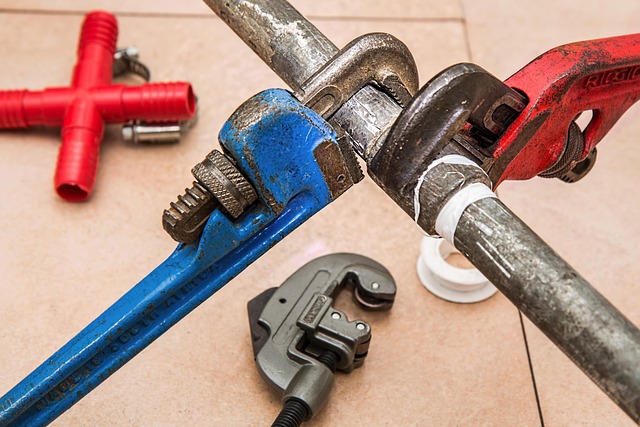
Maintaining thorough records of your plumbing system’s health is a crucial aspect of responsible home or business ownership. These detailed logs serve as a comprehensive guide to tracking regular inspections, identifying potential issues early on, and ensuring optimal performance. Plumbing maintenance tips recommend scheduling routine checks to prevent costly emergencies. By documenting water pressure levels, you can spot sudden drops that may indicate leaks, allowing for prompt repair to avoid further damage.
Furthermore, these records aid in managing sediment buildup, which can degrade water quality and system efficiency. Regular documentation encourages timely fixture replacement, preventing outdated components from causing disruptions or safety hazards. In the event of insurance claims or maintenance audits, having well-kept plumbing maintenance records demonstrates your commitment to proper care, potentially saving time and resources.
Plumbing Maintenance Tips: Regular Inspections
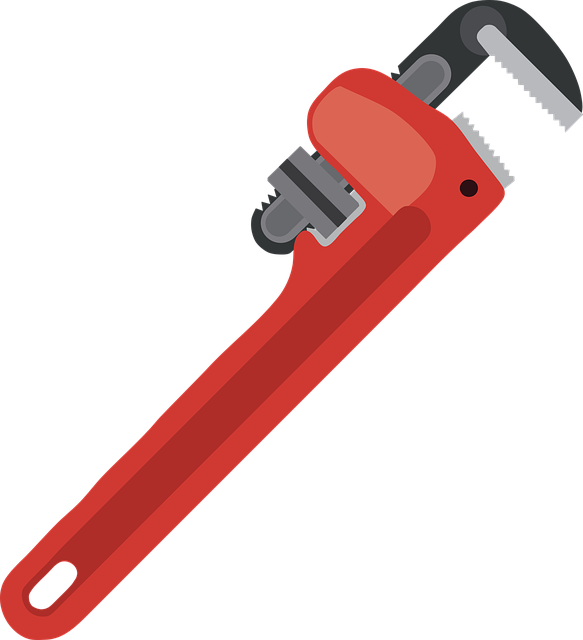
Regular inspections are a crucial aspect of comprehensive plumbing maintenance tips. By scheduling routine check-ups with a professional plumber, homeowners can prevent potential issues from escalating. During these visits, experts inspect for any signs of leaks, which not only help in leak prevention but also save on costly water damage repairs. They also assess water pressure to ensure it’s within optimal ranges, enhancing the efficiency of plumbing systems and reducing wastage.
In addition to leak prevention and water pressure management, regular inspections facilitate sediment removal from pipes and fixtures. Build-up of sediments can obstruct drainage, leading to clogs and reduced water flow. Prompt removal not only maintains water pressure but also lengthens the lifespan of plumbing fixtures, delaying the need for costly fixture replacements.
Preventing Leaks: A Key Component in Plumbing Maintenance

Regular inspections are a vital part of any plumbing maintenance routine. By scheduling periodic checks, homeowners and property managers can catch potential issues early on, preventing costly repairs and avoiding water damage. During these inspections, it’s essential to check for signs of leaks, corrosion, or wear and tear in pipes, fittings, and fixtures.
Leak prevention is a key component of plumbing maintenance tips that can save money and resources. High water pressure, sediment buildup, and outdated fixtures can all contribute to leaks. By addressing these factors through regular maintenance, including sediment removal and fixture replacement as needed, homeowners can ensure their plumbing systems operate efficiently and effectively, reducing the risk of unexpected breakdowns.
Optimizing Water Pressure and Removing Sediment
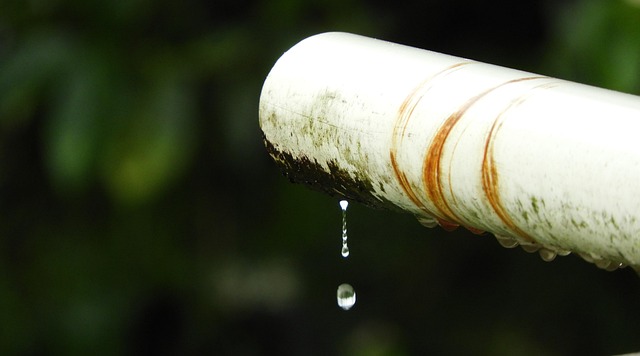
Regular plumbing maintenance includes optimizing water pressure and removing sediment, which are essential aspects of keeping your home’s plumbing system in top condition. Start by checking your water pressure regularly; a pressure gauge can help you monitor it. If the pressure is consistently low, it might indicate clogged pipes or an issue with the water main. Addressing leak prevention is also crucial during plumbing maintenance tips sessions; regular inspections can identify even the tiniest leaks, which, if left unattended, could lead to significant water waste and damage.
To maintain optimal water pressure, consider scheduling professional services for sediment removal. Over time, mineral deposits and other sediments can build up in pipes, reducing water flow and causing pressure to drop. Professional plumbers can clean these deposits out, ensuring a steady stream of water to your fixtures. Additionally, keep an eye on worn-out or outdated fixtures; their replacement might be necessary to prevent further issues. Regular inspections and timely repairs will not only save you from unexpected plumbing disasters but also help maintain the integrity of your home’s water pressure system.
When to Replace Plumbing Fixtures
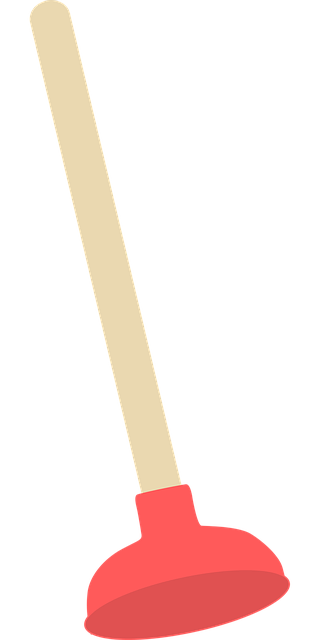
Regular plumbing maintenance is key to avoiding costly repairs and ensuring your home’s comfort. One crucial aspect often overlooked is knowing when to replace plumbing fixtures. While minor adjustments like tightening leaks or clearing clogs might seem like sufficient plumbing maintenance tips, eventually, every fixture will reach its limit.
Leak prevention and regular inspections should prompt you to consider replacement if water pressure drops significantly or if you notice persistent sediment buildup. Sediment removal is an important part of upkeep, but if it becomes a frequent task, it may indicate that your fixtures are past their prime. Keep in mind that fixture replacements aren’t just about leak prevention; they also contribute to energy efficiency and can enhance the overall water flow and pressure in your home’s plumbing system.

